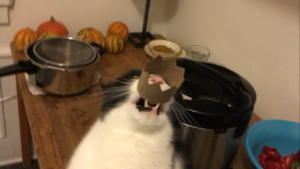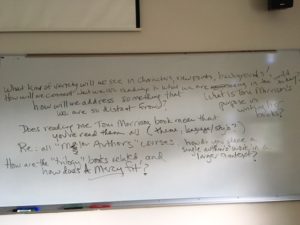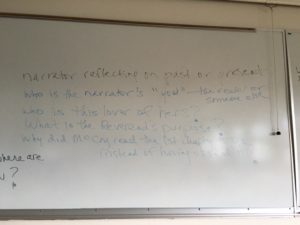As we are listening to the This American Life episode “Toxie” during class, and as I’ve asked you to attend to all the literary concepts roiling and churning through the episode, I invite you to read Dr. Valerie Prince’s brief but important essay “Metaphor is Hard Science.”
A key passage:
Rather than standing around with its lip poked out insisting upon its continued relevance in an increasingly diverse and divergent society, the humanities should orient its curriculum around the study of metaphor. After all, metaphor is central to human cognition. The cognitive psychologists know it. So do advertisement agencies. Folks who are working on prosthetic devices, drones, and robotics rely on metaphorical thinking for innovation. Economists, politicians, information technologists— it seems everyone except the ones specializing in language usage appreciate the value of a good metaphor. And when I say “value” here, I’m not merely being metaphorical. Most of us English majors received that old adage, “You don’t study English for the money” as a virtue. There is a lot of virtue in the study of literary artistry. English majors find benefit in decoding messages, articulating meaning, admiring beauty, balancing design. Metaphor is one, albeit significant, literary device studied among many,treated as an ornamental embellishment that helps us use language to demonstrate wit and craft. The rest of the world— those who majored in finance, physics, biotech fields, for instance — see a good metaphor and know how to turn it into profit.
Continue reading ““Metaphor is Hard Science” by Valerie Prince”



